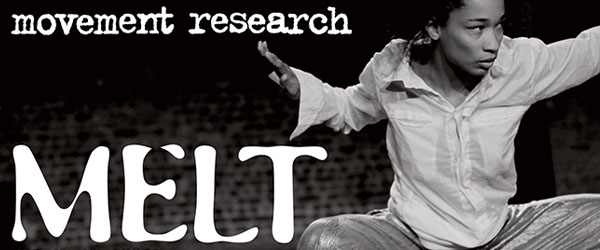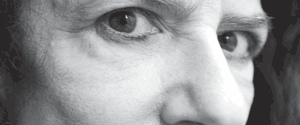Critical Correspondence
- Comments Off on MRPJ#28/Then and Now, Section B: Extras
- MRPJ Project
- 8.30.09
MRPJ#28/Then and Now, Section B: Extras
Henry James said that the tragedy of America is that it’s incapable of accepting any sense of itself as tragic (though based on a genocidal, biocidal land-grab and slave trade). Walt Whitman wrote that America would not be a great nation until it could produce a negative on a scale with itself. And in its inactivism, consider that America can’t credibly seek the knowledge of inexperience accessible to a spiritually mature country such as India. The result of 9/11 could have been to give us dimension and implication. Instead, the overriding tone is still “I will not apologize for anything America does.”
When a cultural structure respects and encourages a flux of possibilities, this structure itself questions how it is possible to do what is impossible to do, which is to have the means to do what the power structure doesn’t want to see. When both artist and structure are thinking about this kind of possibility in a dynamic, we for sure have something inventive and we have a Space Of All Possibilities… I believe that Movement Research is one such place. – From “Impossible Possible Ossuary” by Daria Faïn
These epic double issues commemorating MR’s first 25 years — PJs 27 and 28 — are an incredible window not only into the history of the organization, but to the moment these anniversary journals were conceived and created. They include an array of interviews with almost all MR previous Directors and the artists who brought it into being. There are also notes from artists who were (and many continue to be) intensively involved with the organization in 2004 and a view into how change becomes part and parcel of the organization’s mission and nature. From Part A, we highlight a brief piece, with some manifesto-like tone, from Sally Silvers, where these tradition and evolution trends both find resonance, and where the political foundation of an aesthetic project finds clear expression. From Section B, we chose Ann Cooper Albright’s piece, Researching Bodies: The Politics and Poetics of Corporeality, because it seems to question some of the answers Sally gives in hers. Besides promoting a keen and necessary critical perspective, the issues raised by Cooper Albright ring relevant still today, and we think have been echoed through MR’s organizational life, both internally and externally.
I don’t have an interest in Movement Research… getting big. I’d like to see Movement Research continue to stay relatively small because I don’t think the number of people who are doing real investigational and brave work is ever going to be that high, its going to be a relatively small percentage of the overall population of artists making work, and that’s the population we need to be addressing. We’re not, contrary to what often times is the politic thing to say, we’re not an educational facility in terms of audience development. That’s not our role. So while I love the fact that lots of diverse people come frequently to Judson, and I can use that in my argument to funders, the real bottom line for me is, why I get happy about that, is that I see a community getting together on a regular basis that – [Miguel Gutierrez: To celebrate investigation.] Yeah. – Carla Peterson from a Conversation with Miguel Gutierrez & Carla Peterson


